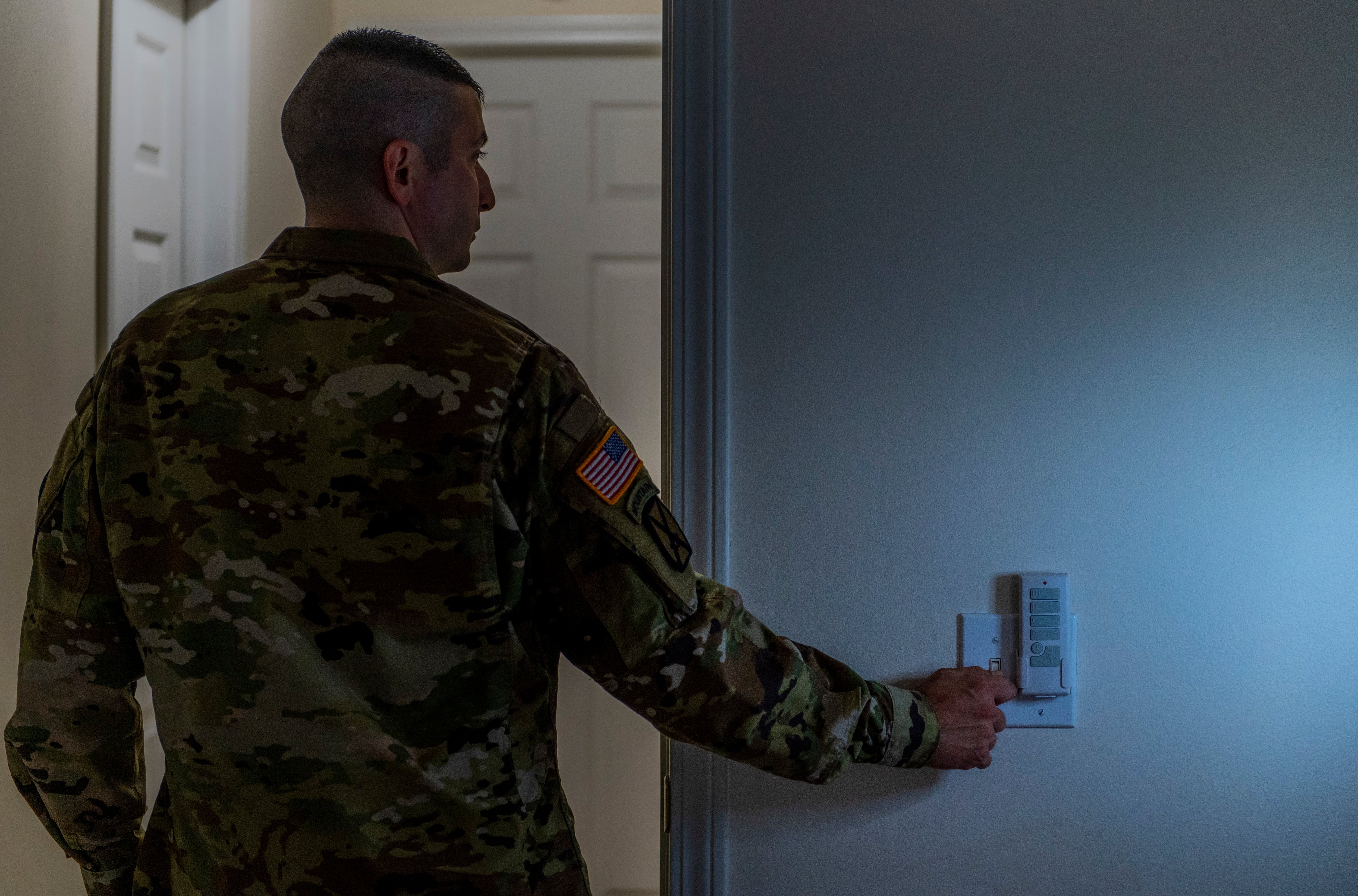Soldiers with the 1st Aviation Brigade at Fort Rucker, Alabama, lined up for a 100 percent mandatory drug urinalysis test this week, post officials confirmed.
The test involved more than 1,700 soldiers, said Fort Rucker spokesman Jimmie E. Cummings, Jr. It comes as commanders at the post announced they were resuming flight training on Monday following a two-week pause during the coronavirus pandemic.
Pictures of the mass testing circulated on social media on Tuesday, prompting some speculation and jokes that the testing was related to the recent cannabis holiday on April 20, also pronounced “four-twenty."
But post officials said it was simply a standard measure following a long training pause.
“This was a health and welfare check for the commander as they are resuming flight training after suspending it for two weeks due to COVID-19,” Cummings said. “This same unit conducted another 100 percent urinalysis back in January when flight students returned from two weeks of blocked leave, so this is a common practice, especially in the training environment.”
Cummings said soldiers were required to wear masks and maintain six-foot social distancing procedures during the testing.
Commanders at Fort Rucker imposed the two-week training suspension before three COVID-19 infections were confirmed at the post, said Cummings. The Pentagon has since ordered individual installations not to report virus cases publicly.
Maj. Gen. David J. Francis, the post’s commanding general, said training combat aviators is “mission essential for our army.” The service has been dealing with a pilot shortage for several years. One of the ways it’s being addressed is by expanding training and pilot production at Fort Rucker. Freezing training for long periods could worsen that shortage.
Travel is still being restricted to a roughly 50-mile bubble around Fort Rucker and soldiers will practice social distancing, Command Sgt. Maj. Brian N. Hauke said.
Fort Rucker now has the ability to test for COVID-19 at Lyster Army Health Clinic on post, said Francis. That testing capability allows for test results to be returned in roughly an hour, he added.
Other measures intended to keep coronavirus from spreading include sanitzing aircraft and simulators between training flights, as well as wearing face masks in ATC towers, in aircraft and on the flight line.
“We have manufactured cloth face coverings,” Francis said. “These masks have been tested by the U.S. Army Aviation Research Lab by aviators and scientists and we have an approved waiver from Headquarters DA to fly with those masks.”
Distance learning is still being done where possible and aviation instructors are not holding large flight briefings, Francis added.
Kyle Rempfer was an editor and reporter who has covered combat operations, criminal cases, foreign military assistance and training accidents. Before entering journalism, Kyle served in U.S. Air Force Special Tactics and deployed in 2014 to Paktika Province, Afghanistan, and Baghdad, Iraq.





